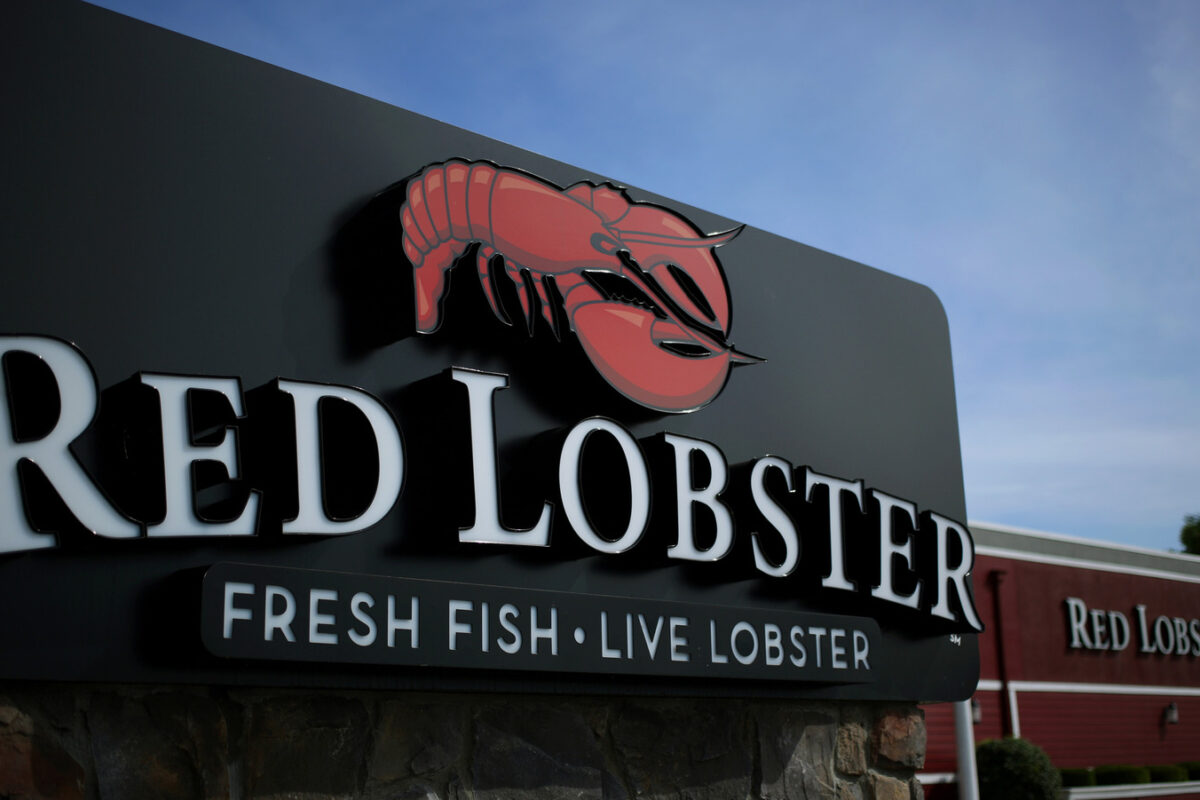Lawyers are retained to minimize legal exposures and risks. Marketers are employed to sell more. This is oversimplified but generally true. Lawyers can help marketers better understand trademark law, trade dress, copyright law, trade secrets and false or deceptive advertising.
Companies vary quite a bit in the power afforded their attorneys. Most use them to deal with corporate legal issues and agreements and contracts. At Hallmark, I was advised by my boss, a corporate officer, that legal advice was just that, advice. He recommended that I seek legal advice when appropriate but that I needed to weigh the consequences of my decisions based on my own judgment.
One area where organizations occasionally get confused about the need for legal influence on marketing decisions is that of brand architecture and naming. The sole purpose of brands, sub-brands and product names is to simplify customers’ understanding of the entities with whom they are interacting. Ideally, these entities should make promises to their customers, stand for something compelling and have appealing personalities. They do not need to mirror legal entities or organizational divisions. Mirroring one or both of these is a very common mistake. Yes, legal contracts need to use legal names, but other than that, brands and other outward facing entities need only to make sense to customers. And, the simpler the architecture is, the more advantageous it tends to be.
We had one client whose entire management team felt constrained about how they could present their organization to its customers based on legal entities whose names made little sense to their customers. We were quite sure that there was no need for these constraints and was later able to confirm this with their legal staff. We have another client whose marketing executives indicate that much of what they recommend is rejected based on legal risks.
On occasion, we have witnessed managers using lawyers and legal advice as a smoke screen to nix things that they do not want to see happen. These managers exert their control over others by invoking the judgments of the legal department, whether the legal department was involved in the issue or not.
Regarding potentially misleading or deceptive advertising, sometimes it is legally misleading or deceptive and at other times it is just a harmless boast or puffery that no one interprets literally anyway. If in doubt, your lawyers can help you determine the potential risks, if any.
Sometimes lawyers want all sorts of disclaimers to be added to marketing copy to minimize the organization’s legal risks. Some of this makes sense. Much of it doesn’t. Consider the impact of pharmaceutical company-type legal disclaimers making their way into the marketing copy of companies, brands and products in general. “You are buying this at your own risk. It contains chemicals that if breathed in excess may cause dizziness, asthma, brain damage, cancer, etc., etc.” “This purchase should not be considered to be an investment. Its value may go up or down. You are purchasing this purely for your own pleasure.” “If used improperly, this product could cause electrocution.” “This product may disrupt your yard’s ecosystem, causing the destruction of certain plants and animals.” “There is no implied advice in this offer. It is purely for entertainment purposes.” “This product may or may not perform as described based on the context in which it is used.”
Clearly, companies should not be selling dangerous products and they should make their customers aware of potential risks, however, almost anything can be the source of some risk, no matter how small or improbable. Assuming you are marketing a generally safe product, the question is to what extent you need to fill marketing documents with legal disclaimers.
Attorneys can be very helpful advisors to marketers and other business people. The trick is to understand their concerns, listen to their advice and then decide what to do with it within the larger context, which for marketers is selling more stuff – hopefully ethically and with a minimal amount of legal risk.
As marketers, we wish you productive working relationships with your attorneys. May you work together to further your organization’s mission and your brands’ promises.
The Blake Project Can Help: The Brand Positioning Workshop
Branding Strategy Insider is a service of The Blake Project: A strategic brand consultancy specializing in Brand Research, Brand Strategy, Brand Growth and Brand Education




